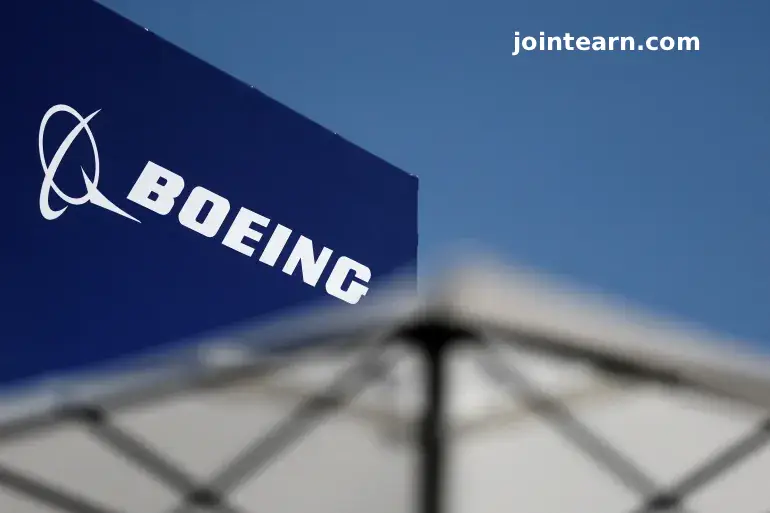
A federal judge in Texas has formally approved the Department of Justice (DOJ) request to dismiss the criminal case against Boeing, allowing the aerospace giant to avoid prosecution over its role in two fatal 737 MAX crashes. The decision comes despite Judge Reed O’Connor’s objections to the DOJ’s handling of the case.
The case involves the 2018 Lion Air crash in Indonesia and the 2019 Ethiopian Airlines crash, both of which killed hundreds of passengers and raised serious questions about the safety of Boeing’s 737 MAX aircraft.
Judge O’Connor’s Objections
Although O’Connor approved the dismissal, he voiced strong disagreement with the Justice Department’s argument that dropping the case served the public interest. He stated that he “lacked the authority” to overrule the DOJ, but criticized the deal for failing to ensure adequate accountability:
“Boeing committed crimes sufficient to justify prosecution, failed to remedy its fraudulent behaviour on its own, and now will attempt to remedy its dangerous culture by retaining a consultant of its own choosing rather than under independent oversight,” O’Connor said.
In September, O’Connor conducted a three-hour hearing to consider objections to the deferred prosecution deal, particularly the removal of the requirement for Boeing to face oversight from an independent monitor for three years. Instead, Boeing would hire its own compliance consultant, a move the judge described as insufficient to prevent future safety lapses.
DOJ and Boeing Position
The DOJ argued that Boeing has made significant improvements in its safety and compliance protocols, and that the Federal Aviation Administration (FAA) now provides enhanced oversight of the company. Acting Assistant Attorney General David P. Burns stated that Boeing employees “chose the path of profit over candor by concealing material information from the FAA concerning the operation of its 737 MAX airplane.”
The federal prosecutors initially filed charges in January 2021, accusing Boeing of conspiracy to defraud the United States by misleading the FAA about the maneuvering characteristics augmentation system (MCAS), a critical flight control system implicated in both crashes.
Judge O’Connor has previously described Boeing’s conduct as “the deadliest corporate crime in US history.”
Settlement and Compensation
Under the non-prosecution agreement, Boeing agreed to:
- Pay $444.5 million into a victims’ fund to be divided among the families of those killed in the Lion Air and Ethiopian Airlines crashes.
- Pay an additional $243.6 million fine to the US government.
- Invest over $455 million to strengthen its compliance, safety, and quality programs.
The agreement replaces the earlier requirement for independent oversight with Boeing-selected consultants, a point that drew sharp criticism from Judge O’Connor.
Market Reaction
Following the announcement, Boeing’s stock saw a modest rise of 0.2% in early trading in New York, reflecting limited market impact from the dismissal of the high-profile criminal case.
Conclusion
The DOJ’s decision to drop the Boeing 737 MAX criminal case represents a controversial resolution to one of the deadliest aviation-related corporate scandals in US history. While the settlement provides financial compensation to crash victims’ families and funding for safety programs, critics argue that the lack of independent oversight may compromise long-term corporate accountability and aviation safety.
Key Takeaways:
- Judge O’Connor approved DOJ’s dismissal of Boeing criminal case despite objections.
- Case involves 737 MAX crashes in 2018 (Lion Air) and 2019 (Ethiopian Airlines).
- DOJ cited Boeing improvements and FAA oversight as justification for dismissal.
- Settlement includes over $1 billion in fines, victim compensation, and safety investments.
- Critics warn the agreement may fail to ensure adequate corporate accountability.


Leave a Reply